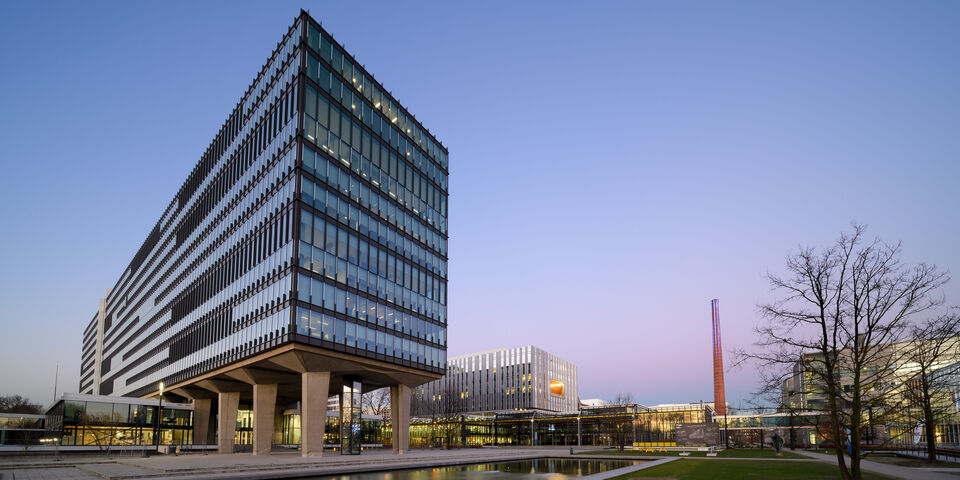New institutional plan: TU/e focuses on Brainport and Europe
Over the next five years, TU/e will focus on sustainable transitions, Europe's competitiveness and resilience, and its role in the innovative ecosystem Brainport. This is stated in the new institutional plan for 2026-2030, which was approved by the University Council this week.
An institutional plan is a document that every educational institution must submit to the Ministry of Education, Culture and Science. The new institutional plan, which runs from 2026 to 2030, is, like the current one (2020-2025), based on Strategy 2030, the university's long-term vision.
Key themes in the Institutional Plan 2026-2030 are sustainability, technological revolution, and the impact of technology on society. Following an evaluation of the current plan, these areas have been translated into three specific goals: driving sustainable transitions, innovative ecosystems, and the competitiveness and resilience of Europe.
Brainport
A new feature is the greater focus on European resilience. Also, Brainport is mentioned—even—more often than before. “Brainport is home to Europe's leading semiconductor companies and is therefore crucial for European competitiveness and resilience,” the document states.
TU/e expects the semiconductor sector to double in size over the next ten years and sees it as its responsibility to contribute to this growth.
Project Beethoven—a broad investment program initiated by the national government—should help with this. Launched in 2024, Beethoven focuses on increasing the number of graduates in the semiconductor industry and creating the necessary public facilities to enable the sector to grow in Brainport.
Launch
The University Council approved the institutional plan on Monday evening. It will now go to the Executive Board and the Supervisory Board for approval. If both bodies give their consent, the official launch will follow mid-December.
This article has been translated by AI and was reviewed by an editor


Discussion